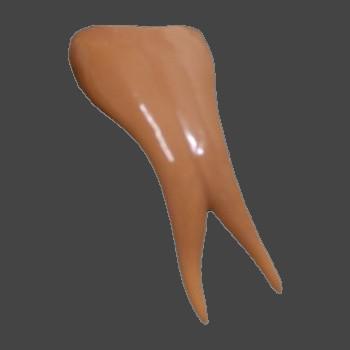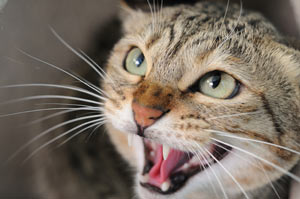
If you don’t, your cat might react by hissing at you to show their displeasure! Although this is easier for most grown adults to understand ( or at least one would think!). But part of the territory of having a cat in your home means that you must accommodate them and practice understanding. Above all, woken up when they are deep in their precious cat naps.Ĭats don’t exactly respect our personal space, nor do they care if we are sleeping or not. Cats do not like to be poked, prodded or messed with. Should they choose to retreat for a nap, leave it at that. We know that cats are territorial creatures by nature, and if there is anything that they do not like, it’s encroachment on their turf and invasions of their privacy. Once you are able to determine that it is some form of aggression which is causing your cat to hiss at you, then you’ll be able to do your part in alleviating her of her woes. Cats may view other pets in the household - birds, gerbils and guinea pigs - as prey and become agitated when they’re near them.

In reality, any adult cat may bully others in the household over territorial conflicts. This type of aggression is often associated with male cats who haven’t been neutered. Petting-induced aggression. A cat may hiss to indicate that he’s reached his threshold while being handled.

Redirected aggression. If your cat is interrupted when he’s in “territorial mode” while watching another cat outside, he may inadvertently hiss at you.Īsocial aggression. Cats who were not socialized properly as kittens may be fearful of people and pets. Here are some detailed examples of aggression so that it can better help you to understand what your cat is experiencing:įear-induced aggression. Your cat may feel threatened by new people, noises or other changes in the household. Like with humans, aggression can take on many forms. Meaning they might take easier to the necessary changes when they are presented.Īggression May Be To Blame For Your Cat Hissing At You By doing so, they will feel valued, respected, and appreciated. But to be easy on them, if you can, try it best to make changes gradual and not sudden for them. Obviously we can’t sit our cats down for a cup of coffee and discuss upcoming changes with them like we would a human. Have you recently moved, added a new member to the family, lost a member of the family, changed their litter, or switched their food on them? Well, this is all a recipe for an unhappy cat. Sudden changes to their routine can not only bother them, it can downright piss them off. Schedule a visit with your veterinarian as soon as you can to get down to the bottom of the sudden cat hisser in your household.Ĭats are creatures of habit, we all know this. If your cat hisses, bites, scratches or makes those cat thunder sounds like I mentioned above, you need to take them in for a thorough medical examination to assess their condition. Other conditions, such as hyperthyroidism and nervous system disorders, can also lead to hissing. And a happy cat that is suddenly hissing at their #1 fan? Well, that is a big red flag to you as their pet parent that something is up. Sudden changes in behavior are a telltale sign of pain, discomfort or illness for your cat. If you have a cat that usually doesn’t mind being held, and then suddenly starts to hiss or do the infamous “MMMMMMM” sound that cats make right before hissing (I refer to it jokingly as “cat thunder”), this could be a sign that your cat is in pain. Changes in behavior are always a cause for concern among cat parents, so let’s break down why your cat is hissing to help you–and them–out ASAP.įirst, Is Your Cat Hissing When You Try To Handle Them?

Typically speaking, a cat hisses to show their disdain of something –or someone–but there are other reason why your cat is hissing. We all know that cats meow, and we most certainly know that they hiss, too.


 0 kommentar(er)
0 kommentar(er)
